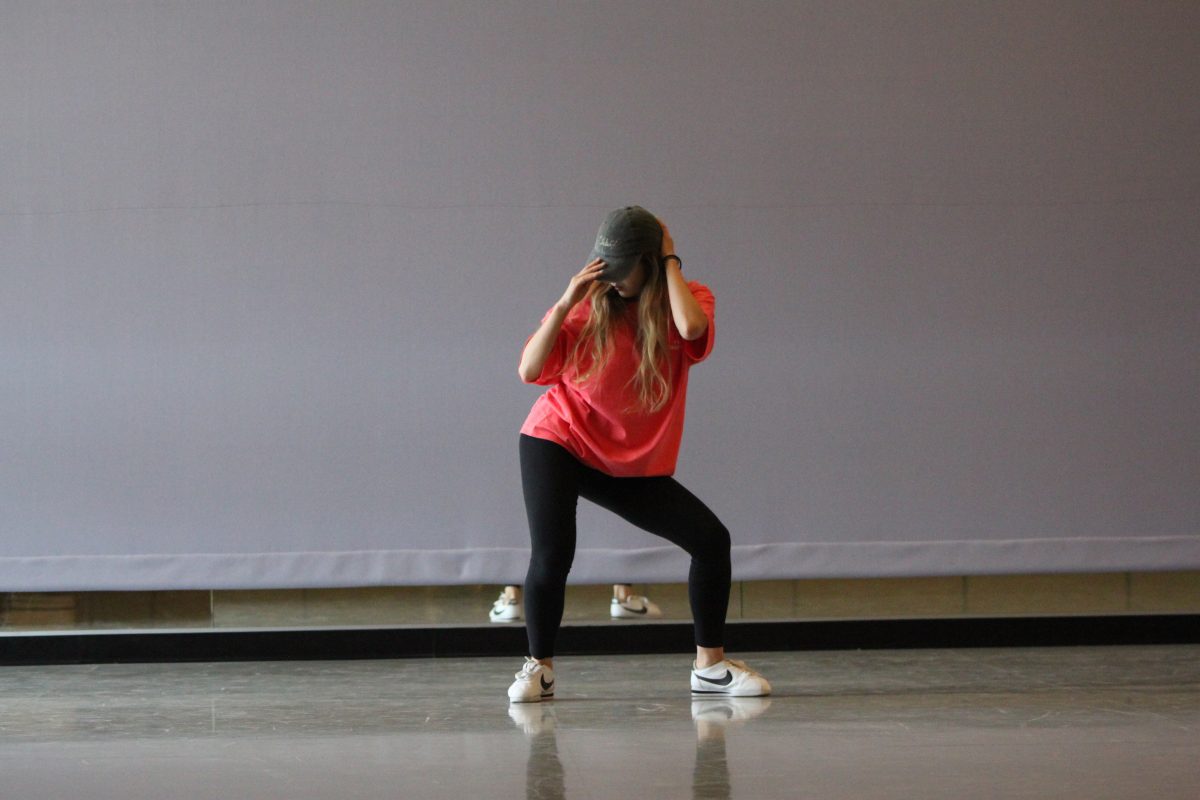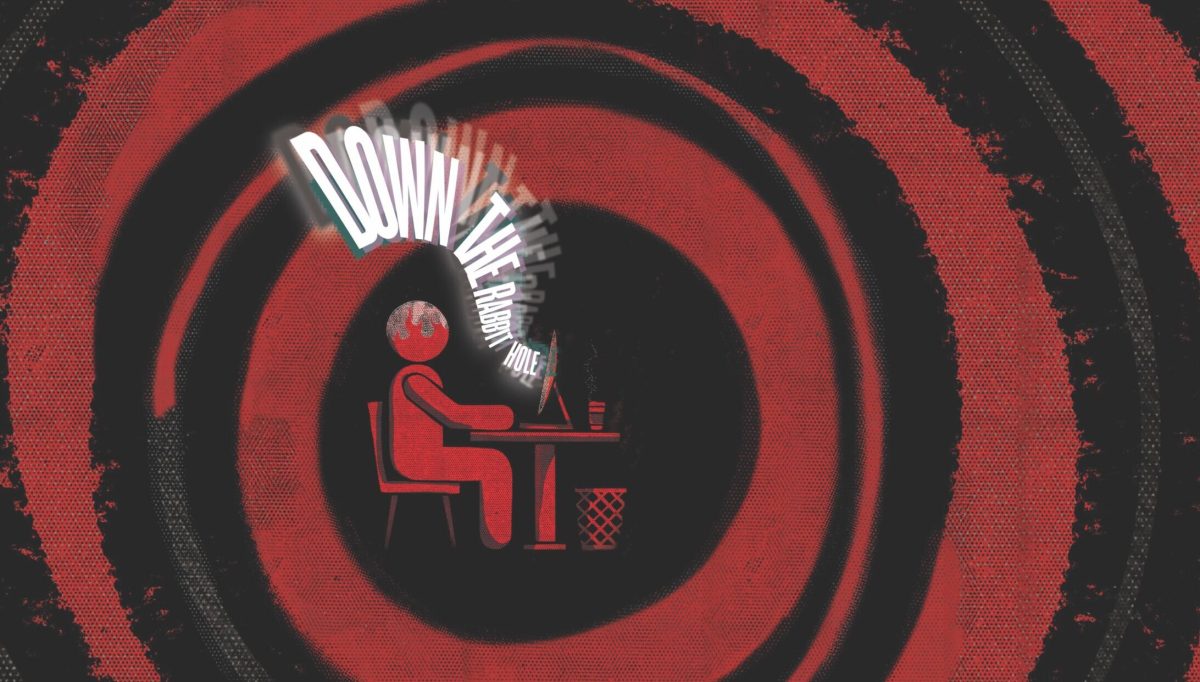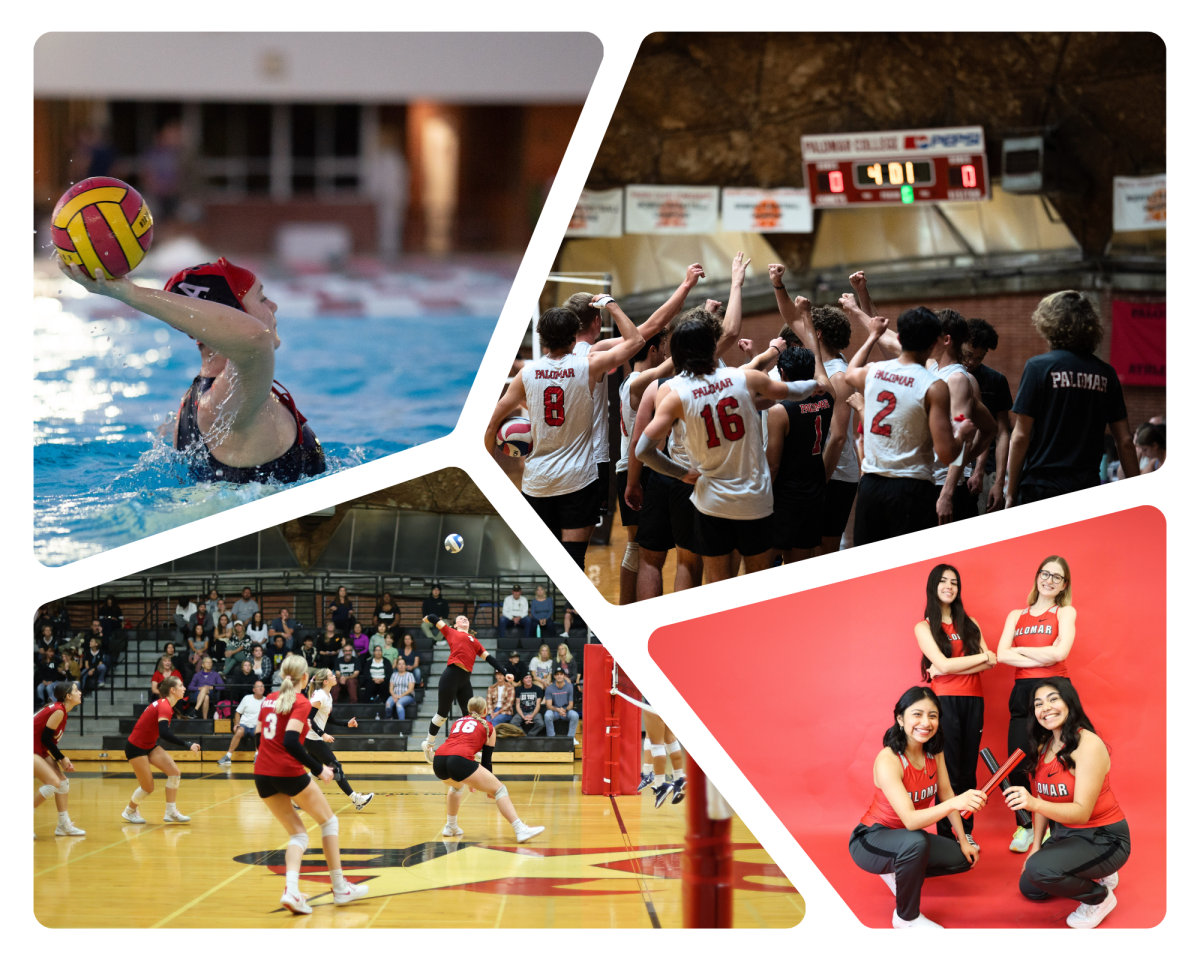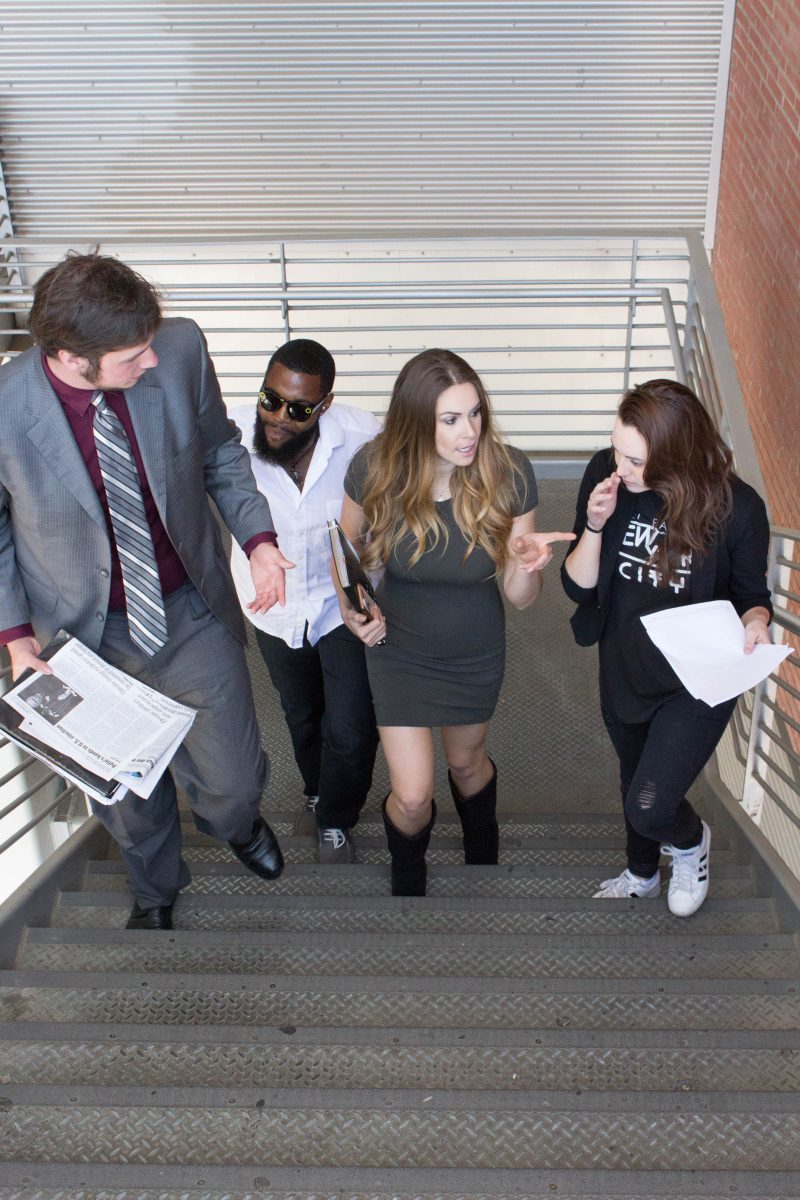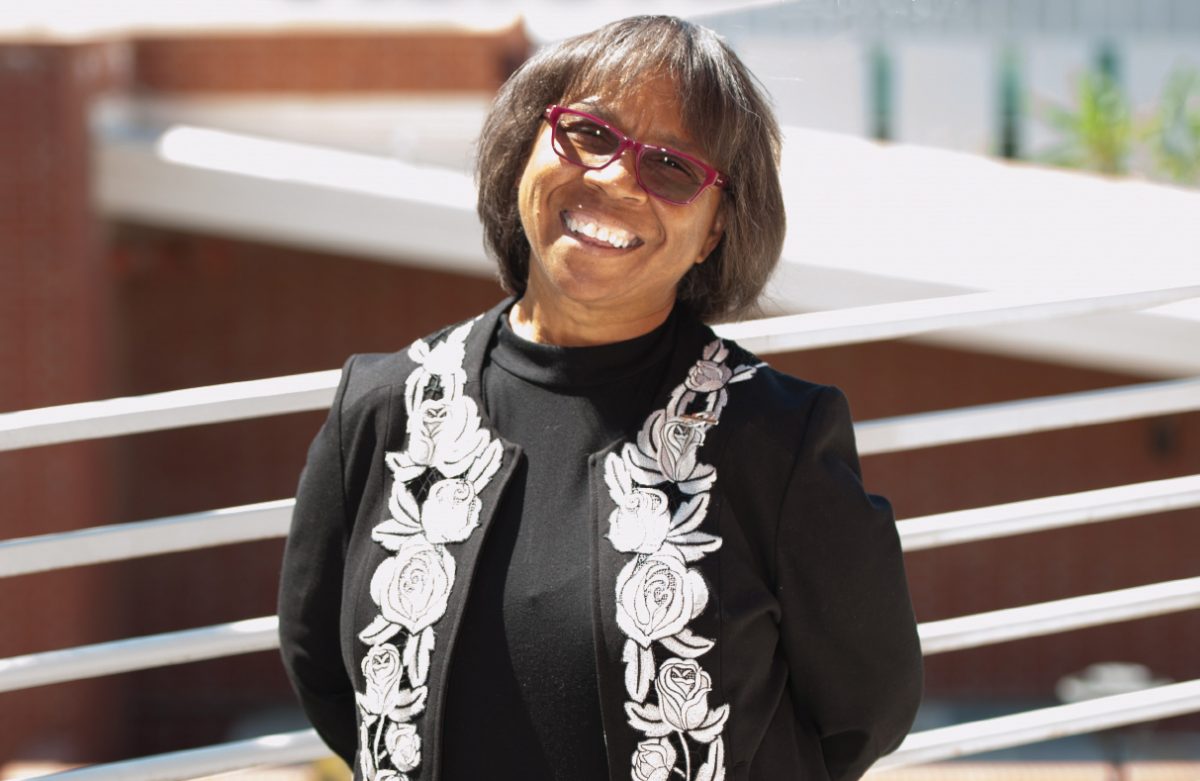Eri Chikusa, a Palomar student has extensively trained in Japan in hopes to pursue dance. With the goal of becoming a professional choreographer, Chikusa moved to the United States to achieve her goals as a dancer training under some of the biggest names in the industry and the urban dance community.
Hailing from a town close to Osaka Japan, Chikusa did not know much about the growing culture and the different styles of the Urban dance world until finding out about choreographers and groups such as Brian Puspos and Sh*t Kings over the internet. From then on, she felt a calling to want to train with some of these choreographers.
“After seeing dancers like Brian Puspos, and people who do that R&B style, I was like, oh shoot! where do they dance? and then I found out that they are teaching in Tokyo.” Chikusa said.
Chikusa moved to Japan’s capital, Tokyo, to attend a university and emerged herself into training with renowned international choreographers coming in as guests at local Japanese dance studios such as Keoni and Mari Madrid, Rie Hata, Brian Puspos and so many more.
After training for quite some time, Chikusa learned about a training program in Los Angeles that could possibly further her career in dance. So without any hesitation, she signed up for the program hoping to become one step closer into achieving her goal on becoming a professional performer.
At the age of 19, Chikusa travelled to the United States with dance as her only goal in mind. “Since then, I started training twice a year here in the United States and also at the same time so I could improve on my English.” Chikusa said,“Whenever I come home, I would make money and come back here and my parents are so supportive.”
Chikusa didn’t waste time prioritizing her pursuit in dance. She enrolled herself in various dance studios in Los Angeles and San Diego, such as Millennium dance complex, Studio Fx, Culture Shock and Movement lifestyle. It didn’t take long for her to meet and network with like minded individuals in the dance community.
I didn’t come here to go on a vacation, I came to dance
Balancing dance and school is not a simple task. For an urban dancer, rehearsals are an important time investment. Students who participate in collegiate dance teams and companies would dedicate most of their weekday evenings and most of their weekends rehearsing and training for upcoming competitions.
Chikusa is no stranger to this lifestyle.
“I would come here to the United States during my spring or winter breaks, and come back weeks after the school semester would start. So it was a lot.” Chikusa said.
To be able to pass the class, Chikusa’s professors would give her permission to travel to the United States in exchange of sending back reports of her experiences abroad.
“I didn’t come here in the United States to go on a vacation. I wanted to be a successful dancer as my career. And my major is performing arts as well, so some professors understood what I was trying to do.” Chikusa said.
Now that she studies at Palomar college, Chikusa spends a majority of her evenings and free days rehearsing with her dance team to perform at upcoming competitions.
Mindset Is Important
About three years ago, despite all of her hardwork, Chikusa was not able to make the cut in an audition hosted by her two favorite choreographers, Keoni and Mari Madrid. Competitively, only 13 out of more than 100 dancers were taken in to perform with them.
Fortunately, Chikusa did not take this as something that could damage her confidence in wanting to train more in Keoni and Mari’s style. She asked the choreographers if she could come in to their studio to train under them.
Up to now, she has occupied herself as a working student, training under Keoni and Mari at their private studio.
When asked if she ever felt discouraged in dancing and wanted to quit, Chikusa just shook her head clearly stating no. She went on, saying that “mindset is important, if I think I cannot do that, then I can’t do that. So I try not to think that I can’t do it. Right now, I just want to live my life.”
Dance Teams and Competitions
Being part of a dance team takes a lot of commitment and time investment. Most of the time, college students would even plan out their class schedules throughout the upcoming semesters to fit in rehearsal times into their already hectic schedules. Many dancers who are involved in a team treat these activities as work, and take it to a professional level.
Jessie Ma, a writer for steezy.co said, “Being a part of a dance team is no ordinary commitment. The sense of camaraderie and a shared passion/mission makes being on a team more like having an extended family.”
Many of the biggest choreographers nowadays were more than likely involved with a dance team or a company at a certain point in their lives. Dance teams work tirelessly and invest hours upon hours in rehearsals in to show their work for 5-10 minutes on stage.
But these stages are not just your ol’ generic stages that you see in your school theatre or so. These stages and events are some of the biggest dance competitions in the world. Events such as Body Rock, Vibe, Maxt Out and Bridge are usually posted online for thousands of people around the world to see. Winners would get cash prizes from hundreds up to thousands of dollars depending on how big the competition is. However, sharing the stage itself alongside some of the people that you spent a big chunk of your day and night with in front of thousands of people is something to live up to in itself.
Shaun Evaristo, one of the pioneers of the urban dance community expressed his perspective toward these big events by saying:
“It’s intent. It’s a conversation. It’s emotion. It’s a voice. It’s a social change. Exploration. Creation. Vulnerability. Empowerment. It taps into your soul and awakens something bigger, deeper. ‘What moves you?’ asks each individual to reflect on their movement, their inspiration, their expression.”
Just recently, Eri Chikusa was able to perform at one of the biggest competitions in the nation called Urban Paradise at San Francisco, California. Her team “Meraki” was a project team directed by choreographers Isidro Rafael and Selene Haro, the team is composed by some members from different internationally known groups such as Choreo Cookies, Lost and Found and 220.
Chikusa and her project dance team is en route in preparing their set to perform as exhibition at some more big competitions known as Ultimate Brawl and Bridge Jr’s.
Hell Week
If you know any dancers in your life, it is more than likely that person would react negatively after hearing the words Hell Week.
“I think hell week is a useful way of prepping for upcoming competitions to making our way into having an editing perfected set that teams have been working on for weeks, or even months,” Brenda Yorm, director of my dance team FTDT stated. “It’s helpful for molding the muscle memory or memorizing choreography, blocking, formations and details in the set.”
In my personal experiences as a competitive dancer, I remember feeling so frustrated and tired during hell weeks, hearing the music a hundred times a day until the day of the competition does not help the situation either. And on the last day of hell week we would stay up until four in the morning rehearsing and have to wake up an hour later so we could drive to the competition venue seven hours early to do tech and continue rehearsing until we perform on stage. The amount of work that every dancer have to put in is only to perfect their craft on stage.
Meraki, Chikusa’s project team, is not exempted from this despite having phenomenal dancers in the cast. Every minute is not wasted during rehearsals. Each time, a set is run through over and over for countless hours, it is ran with an intent to improve from how it was before.
To these individuals, dancing is not just something that is fun. With the amount of investment that every cast member of a team, crew or a company has to put in is considered as work to its own degree.
Recollecting the Experiences
Because of the countless opportunities that Chikusa chose to take up on, she was able to dance alongside some of the people that she used to look up to. Not as celebrities, but equal performers sharing the stage with each other.
As a final thought Chikusa stated, “In Japan we have a saying, those who have the same goals and mindset get to meet each other at one point in their lives.”

